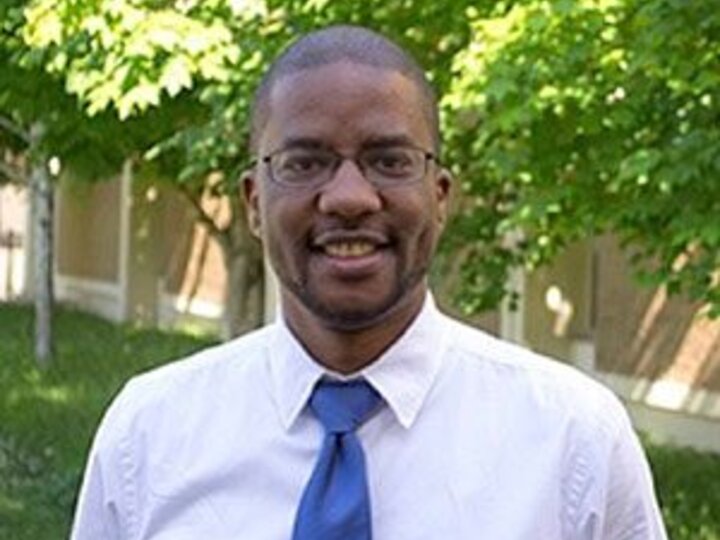Overview
The disparities in achievement and access for marginalized students are well documented, but there remains a lack of attention to what to do with this knowledge and how to measure the impact of improvement efforts beyond pass rates and demographics. Our values are in line with multiple historical activist groups and organizations, such as ACT UP, ACLU, and Human Rights Campaign. While many university mathematics departments value providing rehumanizing student experiences guided by such values that promote student belonging, the faculty often do not have the professional training to engage with this work or measure its progress, which can lead to disengagement from these initiatives.
ACT UP Math (which was funded by the National Science Foundation, 7/1/2022-4/19/2025 before being terminated by DOGE 14 months before the scheduled conclusion) conducted foundational research to identify the mechanisms and structures that best support mathematics educators in making data-informed decisions to promote rehumanizing student experiences and critically transform introductory mathematics courses and programs. This project builds on the strength of two prior national studies of introductory mathematics programs, Progress through Calculus and Student Engagement in Mathematics through an Institutional Network for Active Learning (SEMINAL). Three undergraduate mathematics department teams worked in partnership with educational researchers to analyze their local data, in comparison to the national sample. Although the federal funding for ACT UP Math was terminated, the research team has grown and continues to analyze ACT UP Math data and to propagate findings.
In partnership with: California State University East Bay, Clemson University, Colorado State University, Duke University, Kennesaw State University, and Michigan State University
Goals
1
Conducting basic, use-inspired foundational research related to departments’ use of data in their work to rehumanizing mathematics with the goal of shifting the focus from strictly student outcomes to also include consideration of students’ lived experiences in introductory mathematics courses, leading to critical transformations.
2
Studying the enactment of networked improvement communities involving educational researchers and mathematics department educators, aiming to increase the effectiveness and impact of mathematics departments’ uses of data to rehumanize mathematics and improve student belonging within, access to, identities, power dynamics, and achievement in mathematics.
3
Interrogating the mechanisms underlying data-informed decision-making with key mathematics department educators to critically address topics and issues of rehumanizing mathematics and improving student belonging in their introductory mathematics programs.
STEM practitioners are aware of the differences in mathematics outcomes among students of different races, socio-economic statuses, genders, and other identities, and educators and practitioners need support to develop more nuanced understandings of the factors contributing to these differences and to translate their understanding into action.
Cited Work
Some of our past published work includes terms we have been asked to remove from unl.edu websites (Chancellor Rodney Bennett, July 18, 2025, internal memo). Since it is unethical to alter citations of published work/completed products, instead we certify that none of the published work or completed products involved illegal discrimination of any kind.
Workshops
Funk, R., Quaisley, K., & Smith, W.M. (2024, March). Using institutional data to guide efforts toward equity and inclusion. MAA MSI Leadership Summit 2024.
Funk, R., Quaisley, K., & Smith, W.M. (2024). Critical approaches to equity-focused departmental transformation through data-informed decision making. MAA Open Math Workshop 2024.
Conference Products (Proceedings/Posters)
Funk, R., Bennett, A., Fantin-Hardesty, K., Tremaine, R., Callahan K. M., Quaisley, K., Smith, W. M., Courtney J., Hagman, J.E. & Wonch Hill, P. (2025). Instructors’ Vulnerability, Curiosity, and (Dis)trust of Data Informing Critical Transformations in Mathematics. Proceedings of the 26th Annual Conference on Research in Undergraduate Mathematics Education. Omaha, NE.
Bennett, A., Funk, R., Smith, W. M., Courtney J., D’Ovidio Long, A. & Wonch Hill, P. (2025). "These Topics are Off the Table": Shifting Discourse Toward Critical Transformations in Mathematics Departments. Proceedings of the 26th Annual Conference on Research in Undergraduate Mathematics Education. Omaha, NE.
Quaisley, K., Smith, W. M., Pai, L., & Voigt, M. (in preparation). Moving beyond the fence: Interrogating problematic images of equity and envisioning inspiring metaphors. Proceedings of the 27th Annual Conference on Research in Undergraduate Mathematics Education. Alexandria, VA.
Tremaine, R., Quaisley, K., Funk, R., Smith, W. M., & Hagman, J.E. (2024). “More and new insight”: Undergraduate mathematics stakeholders see, imagine, and evaluate selves through collective poems on inclusive teaching. In Cook, S., Katz, B. & Moore-Russo D. (Eds.). Proceedings of the 26th Annual Conference on Research in Undergraduate Mathematics Education. Omaha, NE.
Hagman, J. E., Voigt, M., Bolick, M. A., Pai, L., Kress, N., Bennett A. B., Tremaine, R., Hill, P. W., Quaisley, K., Funk, R., & Smith, W.M. (2024). Experiencing tensions of nepantla while working toward critical transformations from within. In Cook, S., Katz, B. & Moore-Russo D. (Eds.). Proceedings of the 26th Annual Conference on Research in Undergraduate Mathematics Education. Omaha, NE.
Akin, V., Viel, S., Ellis Hagman, J., Kress, N., Tremaine, R., & Fantin-Hardesty, K. (2024). Self-reported student motivations to participate in DEI service work. In Cook, S., Katz, B. & Moore-Russo D. (Eds.). Proceedings of the 26th Annual Conference on Research in Undergraduate Mathematics Education. Omaha, NE.
Bolick, M. A., Pai, L., Voigt, M. ,Funk, R., & Rader, B. (2024). Engaging students as partners in critically-oriented reform of postsecondary mathematics. In Cook, S., Katz, B. & Moore-Russo D. (Eds.). Proceedings of the 26th Annual Conference on Research in Undergraduate Mathematics Education. Omaha, NE.
Voigt, M., Hagman, J., Bolick, M. A., Pai, L., Kress, N., Bennett, A., Tremaine, R., Wonch Hill, P., Quaisley, K., Funk, R., & Smith, W. (2024). Experiencing tensions of nepantla while working toward critical transformations from within. 15th International Congress on Mathematics Education. Sydney, Australia.
Bolick, M.A., Pai, L., Voigt, M., Funk, R., and Rader, B. (2024). Learning to Engage Students as Partners in Critically-Oriented Reform of Tertiary Mathematics. 15th International Congress on Mathematics Education. Sydney, Australia
Bolick, M.A., Pai, L., Voigt, M., Funk, R., and Rader, B. (2024) Learning to engage students as partners in critically-oriented reform of tertiary mathematics. INDRUM 2024: Fifth conference of the International Network for Didactic Research in University Mathematics. Barcelona, Spain.
Quaisley, K., Smith, W. M., Pai, L., & Voigt, M. (February, 2025). Moving beyond the fence: Interrogating problematic images of equity and envisioning inspiring metaphors. Proceedings of the 27th Annual Conference on Research in Undergraduate Mathematics Education. Alexandria, VA.
Journal Articles
Bolick, M.A., Pai, L., Funk, R. & Voigt, M. (2025). It’s hard to ignore the data when the data is in the room: Examining the role of students as partners in critically-oriented reform of tertiary mathematics. International Journal for Students as Partners. (accepted)
Hagman, J.E., Voigt, M., Bennett A.B., Nicole, F., Bolick, M.A., Pai, L., Kress, N., Quaisley, K., Tremaine, Funk, R., R., Hill, P.W., & Smith, W.M. (2024). Experiencing tensions of nepantla with inner-departmental change groups. Frontiers in Education, 9. https://doi.org/10.3389/feduc.2024.1454303
Bolick, M.A., & Voigt, M. (2023). Using interactive data dashboards to address diversity, equity, and inclusion in introductory math programs. MAA Focus, 43(6), 14-17. Retrieved from: http://digitaleditions.walsworthprintgroup.com/publication/?m=7656&i=80…
Presentations
Hagman. J.E. (2024). Supporting graduate students to make changes to the system from within. Invited presentation to the SIAM ED conference, Spokane WA.
Smith, W. M. (2024, April). Research practice partnerships. Presentation to the University of Nebraska-Lincoln Engagement Collaborative. Online
Smith, W. M. (November, 2023). Research on partnerships to support transfer students. Invited presentation to the annual conference of the American Mathematical Association of Two Year Colleges (AMATYC), Omaha, Nebraska.
Smith, W. M. (October, 2023). Partnerships for change: Disrupting historical power dynamics to transform STEM teaching and learning. Presentation to the Clemson Seminar in Engineering and Science Education, online.
Tremaine, R. (2023, October). Exploring motives for equity reform in undergraduate mathematics education. Presentation to the Mathematics Education Doctoral Seminar, University of Nebraska-Lincoln. Lincoln, Nebraska and online.
Hagman, J.E., (2023, October). Supporting Equity Through Coordination in Calculus: Balancing Fairness with Justice, Department of Mathematics Education, Cal Poly Pomona.
Voigt, M. (2023, Sept.) Engaging in Critical Transformation of Math Programs to Disrupt the System. [Invited Speaker] Teaching and Learning Seminar, Department of Mathematics. North Carolina State University: Charlotte, NC
Smith, W. M. (September, 2023). Chairs and Directors Workshop: Leading Department Change to Improve Teaching and Learning. Invited presentation to the University of Nebraska-Lincoln's College of Arts and Sciences chairs and directors.
Bennett, A. B., Funk, R., & Smith, W. M. (2023, September). ACT UP Math: Critical approaches. Presentation to the Mathematics Education Doctoral Seminar, University of Nebraska-Lincoln. Lincoln, Nebraska and online.
Dissertations
Tremaine, R. (2024). Investigating individually expressed motives and collectively generated goals for equity-oriented reform in undergraduate mathematics education. [doctoral dissertation]. Colorado State University.
Participating Sites

California State University East Bay
CSU East Bay is a public Master’s degree-granting university with moderate research activity and is one of the most diverse higher education institutions among the participating SEMINALsites.
Local Leaders
- Simone Sisneros-Thiry
- Julia Olkin
- Andrea Arauza Rivera
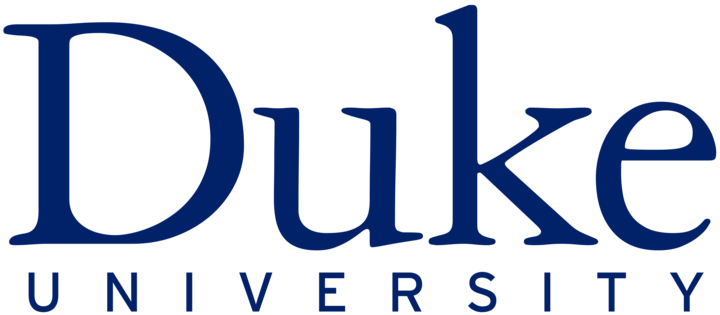
Duke University
Duke University is a private not-for-profit highly-selective doctoral degree-granting university that is research-intensive, located in North Carolina. Introductory math courses at Duke are taught primarily in large courses taught by teaching faculty with a group-work focused recitation once a week led by a graduate teaching assistant.
Local Leaders
- Tori Akin
- Shira Viel
- Maria Tackett
Kennesaw State University
Kennesaw State University is a public, doctoral degree-granting, comprehensive university with an R2 Carnegie classification located in Georgia. As a participating SEMINAL site, most math courses are taught in small classes with some faculty using active learning strategies.
Local Leaders
- Kadian Callahan
- Benjamin Sloop
- Katie Christensen
Research Team
Research Team
Principal Investigators
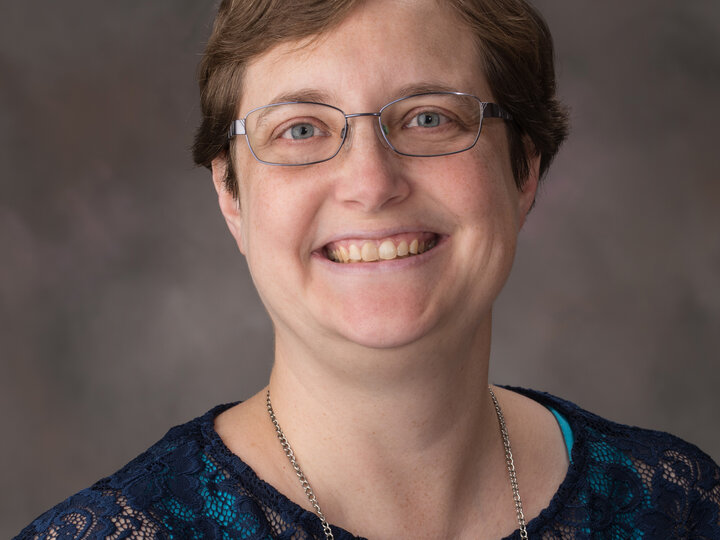
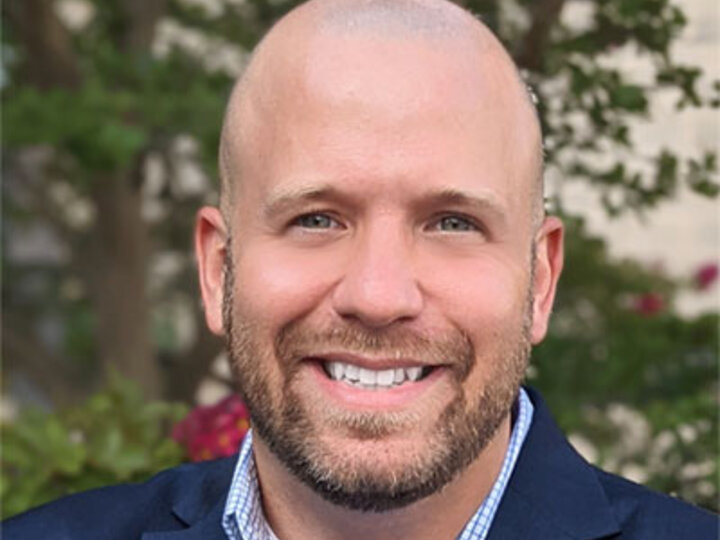

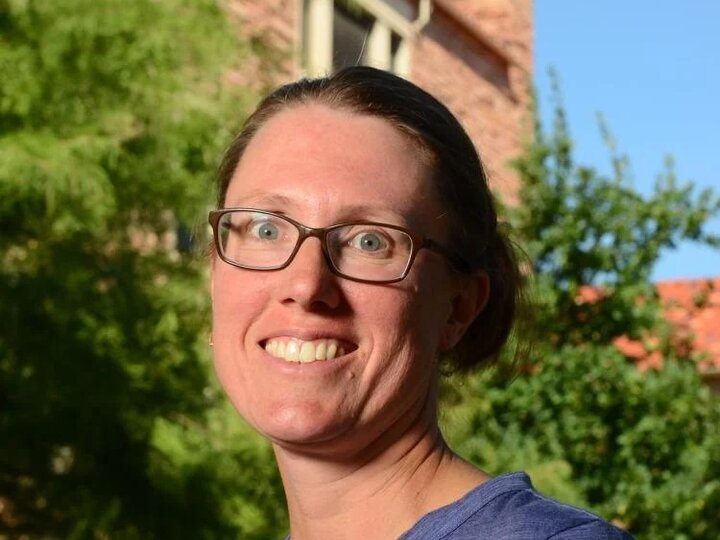
PI 2
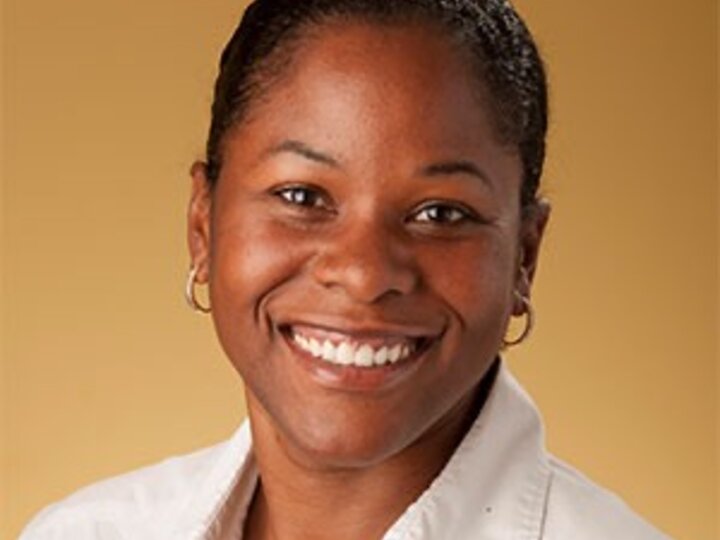
Senior Personnel
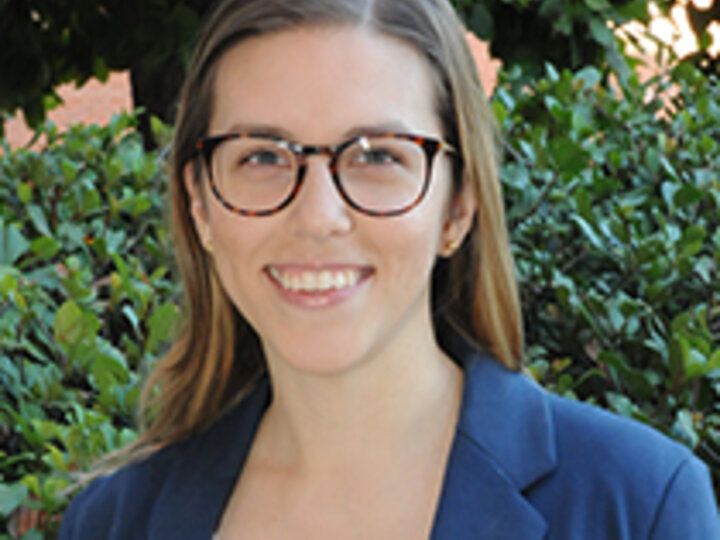
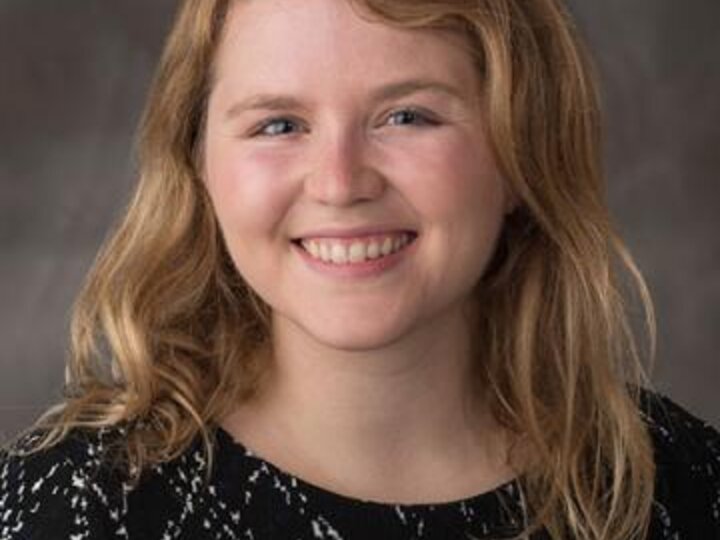
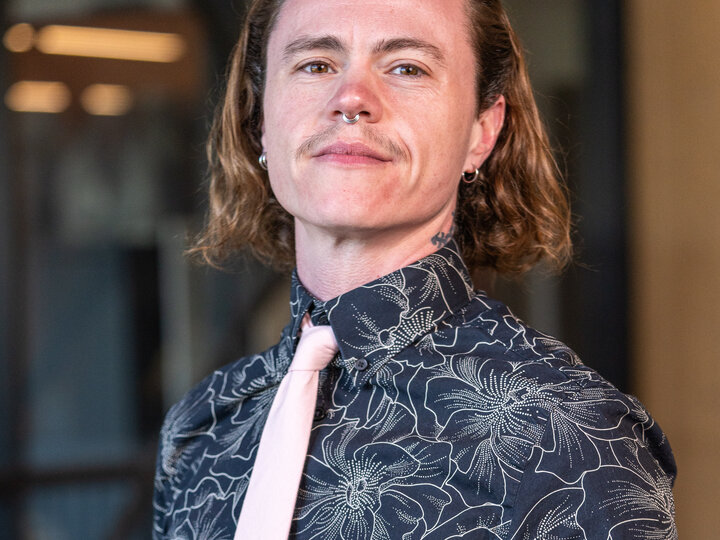
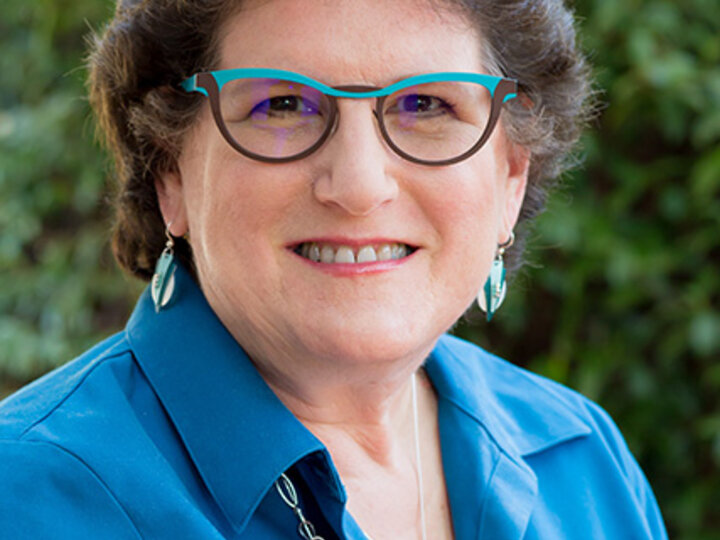
Senior Personnel 2
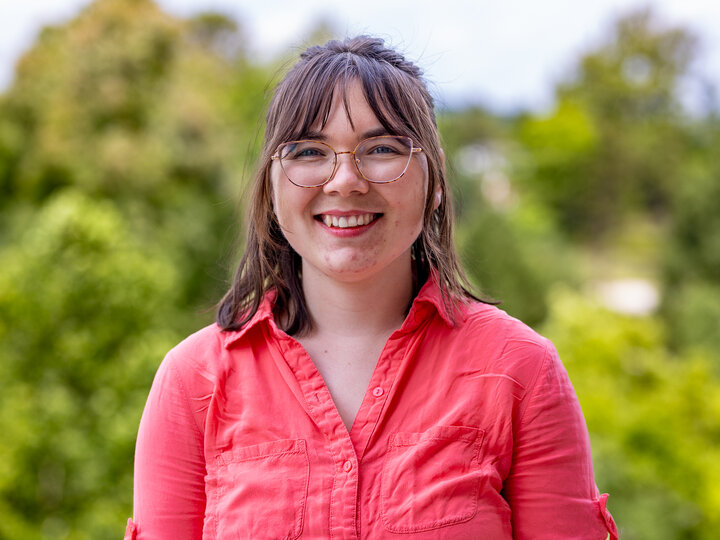
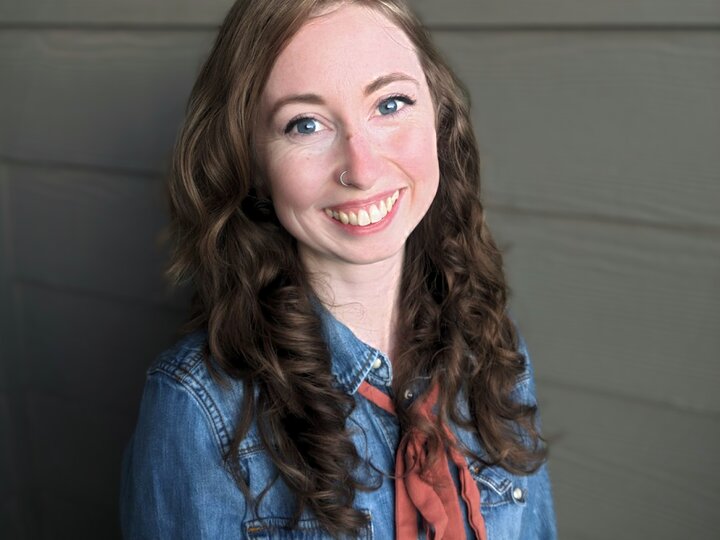
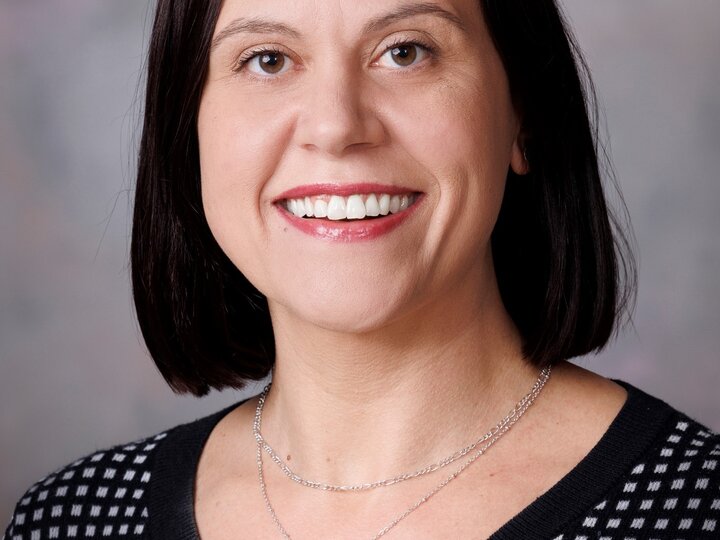
NIC Leaders
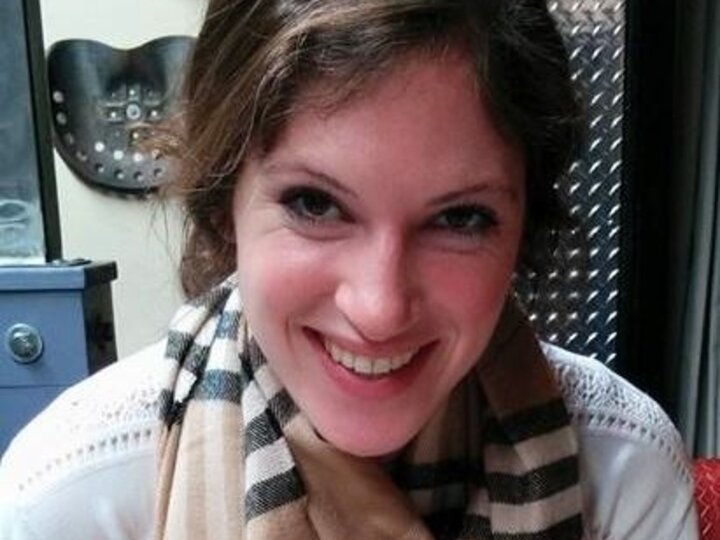

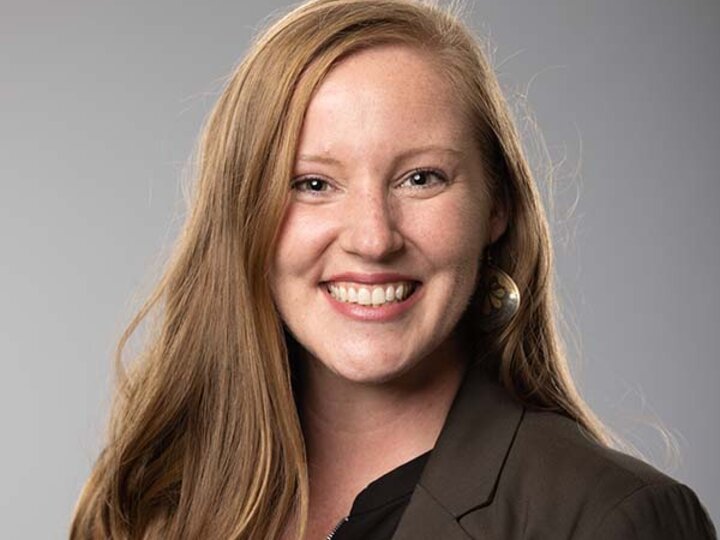
Simone Sisneros-Thiry
California State University East Bay
simone.sisnerosthiry@csueastbay.edu
NIC Leader
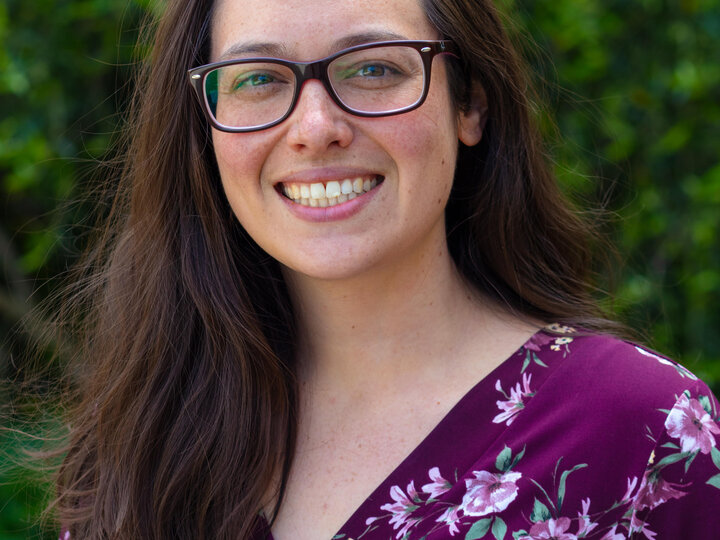
NIC Leaders 2
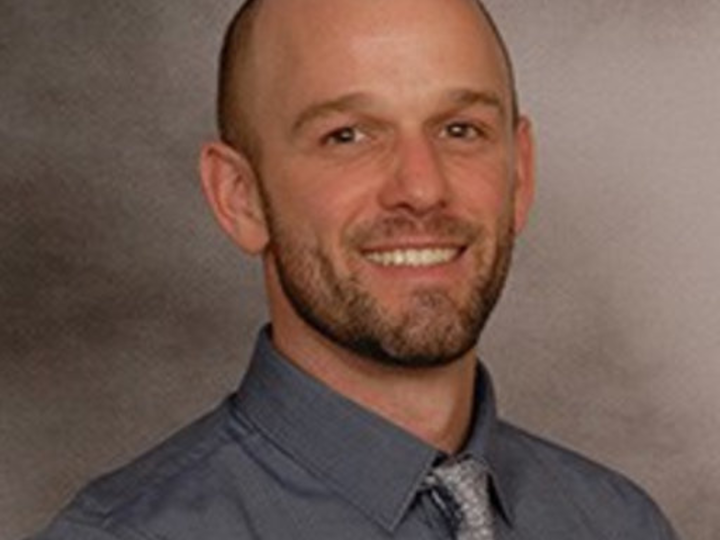
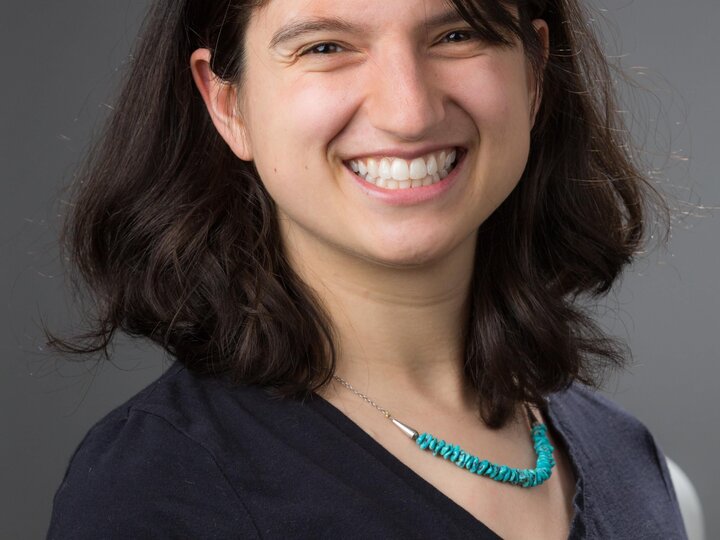
Postdoctoral and Graduate Researchers
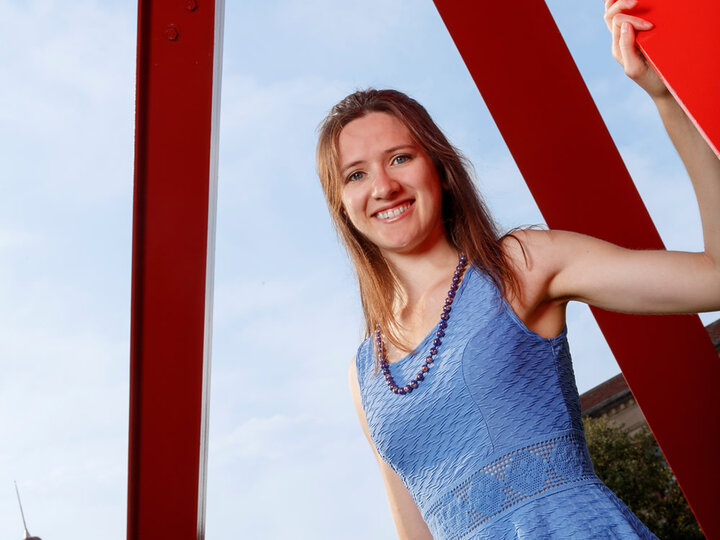
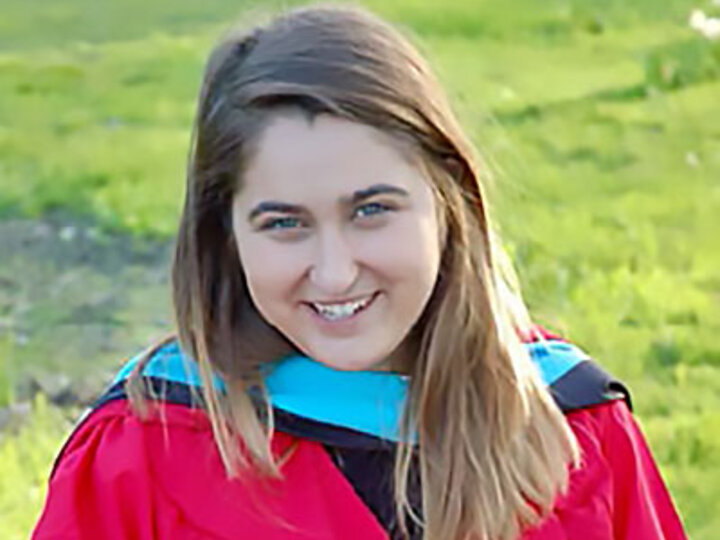
grad student 2
Kaylee Fantin-Hardesty
Colorado State University
kaylee.fantinhardesty@colostate.edu
Graduate Research Associate
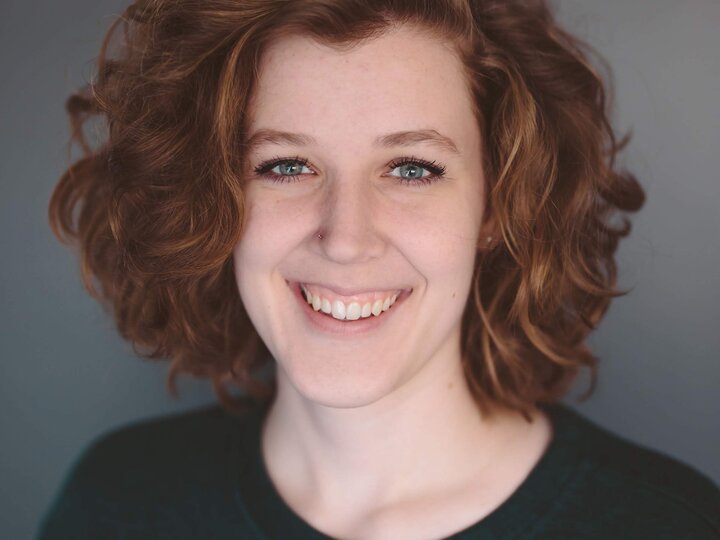
Johan Cristobal
Loyola Marymount University
Former Graduate Research Assistant
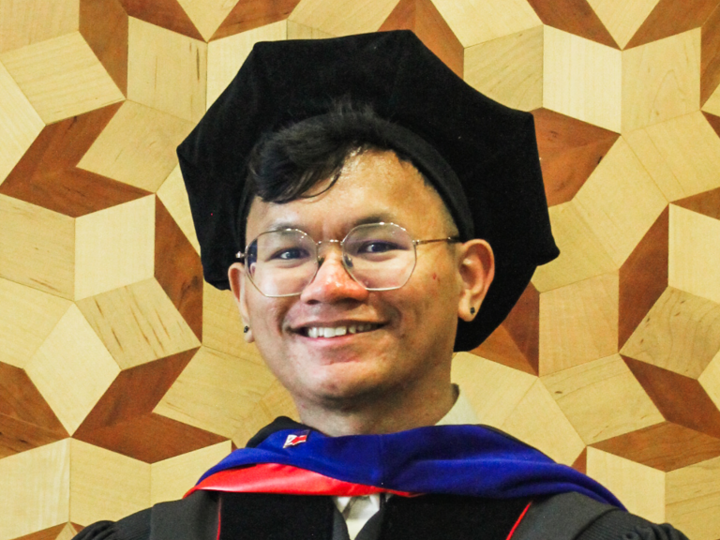
Graduate and Undergraduate Students
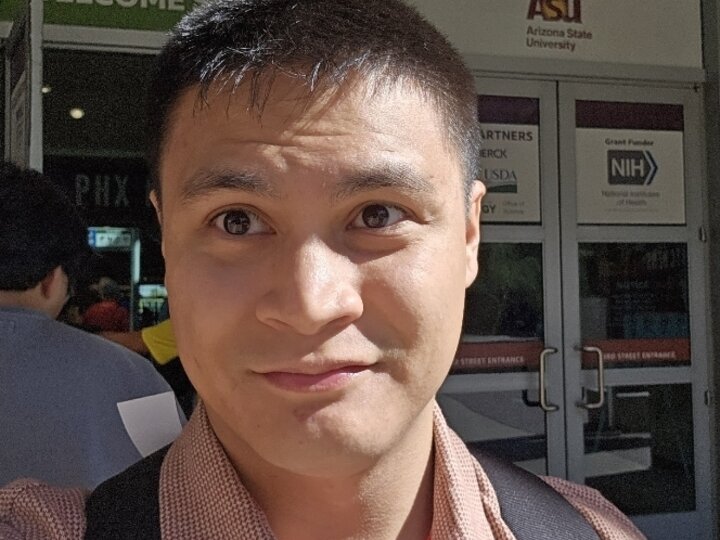
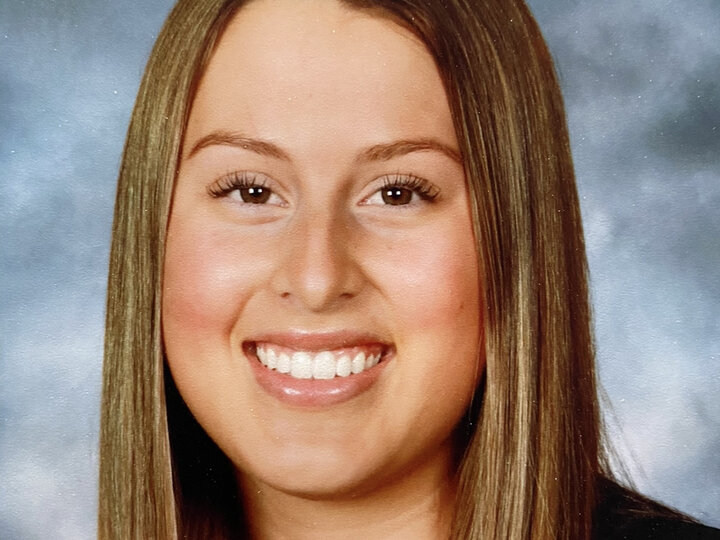
Project Management
Camilla Ramos de Matos Carvalho Morone
University of Nebraska–Lincoln
Project Manager
External Advisor
Dr. Chris Jett is our external advisor, serving as a critical friend to help center and strengthen our implementation of criticality.
External Advisor
Chris Jett
Georgia State University
Associate Professor
